Resources
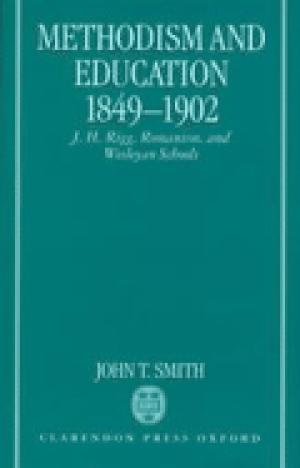
This thorough history of the Wesleyan Methodist educational efforts in Victorian England discusses the influence of Dr. James Harrison Rigg, Principal of Westminster Training College, who dominated his church and who made friendships with senior politicians of the day. The book also Looks in depth at the influence of anti-Catholicism, which was rampant in the Methodist church of the era. (From the Publisher)
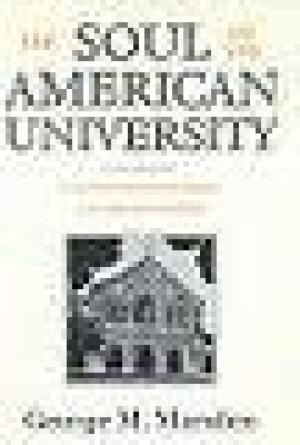
In this bold reexamination of the role of religion in higher education, Marsden provides a fascinating look at the histories of many pacesetting universities, including Harvard, Yale, and the University of California at Berkeley. The author argues for a new place for traditional religious perspectives in American universities. (From the Publisher)
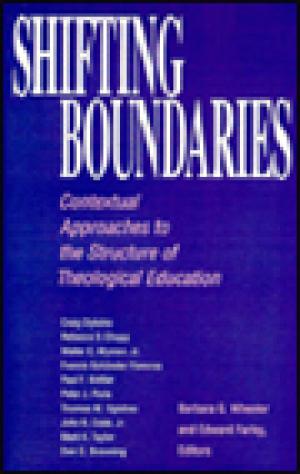
At a time of widespread perplexity about the social role of humanistic scholarship, few disciplines are as anxious about their nature and purposes as academic theology. In this important work, W. Clark Gilpin, dean of the University of Chicago Divinity School, proposes that American theological scholarship become responsible to a threefold public: the churches, the academic community, and civil society. Gilpin approaches this goal indirectly, by investigating the historic social roles of Protestant theologians and the educational institutions in which they have pursued their scholarship and teaching. Ranging from analyses of the New England Puritan Cotton Mather to contemporary theologians as "public intellectuals," Gilpin proposes that we find out what theology "is by asking what theologians "do. By showing how particular cultural problems have always shaped the work of theologians, Gilpin's work profoundly illuminates the foundations of American academic theology, providing insights that will help guide its future. (From the Publisher)
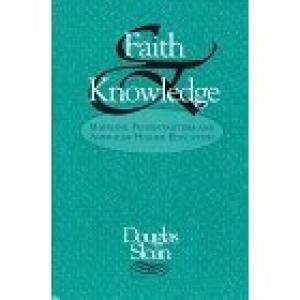
Sloan explores the impact that the Protestant theological renaissance (1925-1960) had on American colleges and universities, focusing in particular on the church's most significant claim to have a continuing voice in higher education. He traces the role of the national ecumenical and denominational organizations, and studies the changing place of college chaplains. (From the Publisher)
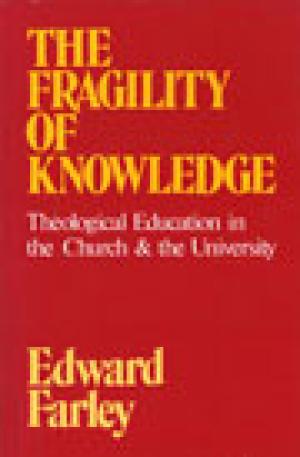
In a sequel to his 1983 work, Theologia, Farley develops a conceptual apparatus for re-thinking the structure of theological education in church, seminary, and university which is unified by a hermeneutical approach. He defines this approach as acts of interpretation which yield understanding, and argues that it requires ordered learning and critical thinking. (From the Publisher)
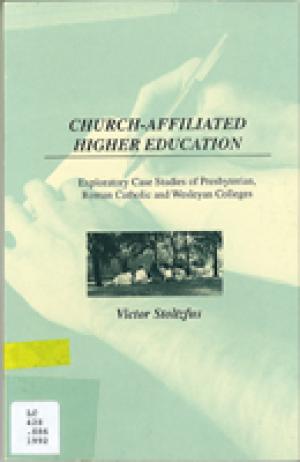
Stoltzfus shows us the pressures on religious colleges towards assimilation into the mainstream, but also shows us the surprising strength of those colleges and the unique ways in which each acts to pass on the living tradition of its faith. (From the Publisher)
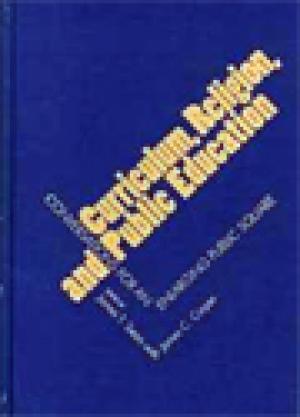
Along the fault line of public education and conservative religious beliefs, this break-through volume explores five curriculum arenas that have been "ground zero" in community debate—science and human evolution, textbook selection, sexuality instruction, character development, and outcome-based education. Curriculum, Religion, and Public Education will assist educators, parents, and community leaders in crossing boundaries to communicate with "the others," and in the process transform schools—and ourselves. (From the Publisher)
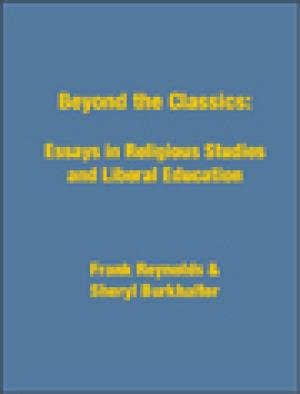
Taken ad seriatim, these essays present a wide range of differing theoretical positions and practical strategies for reform. It is our hope that, when read from this point of view, they will evoke the kind of very specific discussions, debates and actions that will be required if real change is to occur. (From the Publisher)
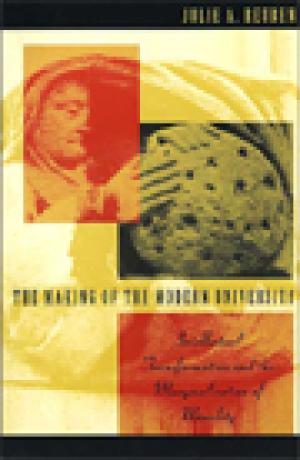
The Making of the Modern University: Intellectual Transformation and the Marginalization of Morality
What is the purpose of higher education, and how should we pursue it? Debates over these issues raged in the late nineteenth century as reformers introduced a new kind of university - one dedicated to free inquiry and the advancement of knowledge. In the first major study of moral education in American universities. Julie Reuben examines the consequences of these debates for modern intellectual life. Based on extensive research at eight universities - Harvard, Yale, Columbia, Johns Hopkins, Chicago, Stanford, Michigan, and California at Berkeley - Reuben examines the aims of university reformers in the context of nineteenth-century ideas about truth. She argues that these educators tried to apply new scientific standards to moral education, but that their modernization efforts ultimately failed. By exploring the complex interaction between institutional and intellectual change, Reuben enhances our understanding of the modern university, the secularization of intellectual life, and the association of scientific objectivity with value-neutrality. (From the Publisher)
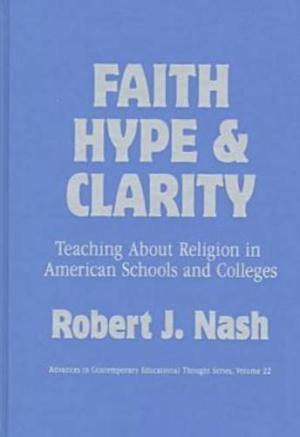
In an effort to provide clarity about the highly charged issue of religion in US classrooms, Nash (College of Education and Social Services, Univ. of Vermont) describes and critiques four diverse religious positions, namely, fundamentalist, prophetic, alternative spiritualities, and post-theist. He uses a narrative approach, asking such questions as, is it workable? is it convincing? does it move people and provide a sense of purpose, community, moral action? and does it explain the unknown? Chapters cover the positive and negative aspects of the four religious positions Nash describes. They outline a methodology and curriculum of religious education, focusing on these four positions, which have gathered much strength throughout society and have created controversy in communities in the United States and around the world. Relevant readings are integrated into the text, which purports to help schools and colleges move toward "religious literacy." For a similar perspective, see Richard J. Bernstein's The New Constellation: The Ethical-Political Horizons of Modernity/Postmodernity (1992). Suitable for upper-division undergraduates and beyond; recommended especially for use by teachers and policy makers. (From the Publisher)